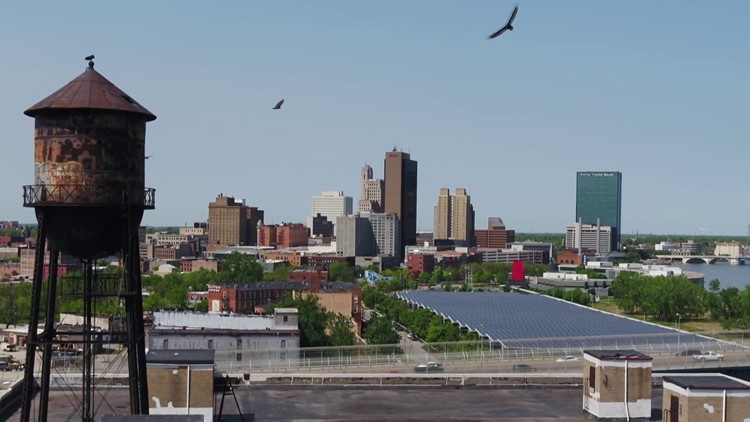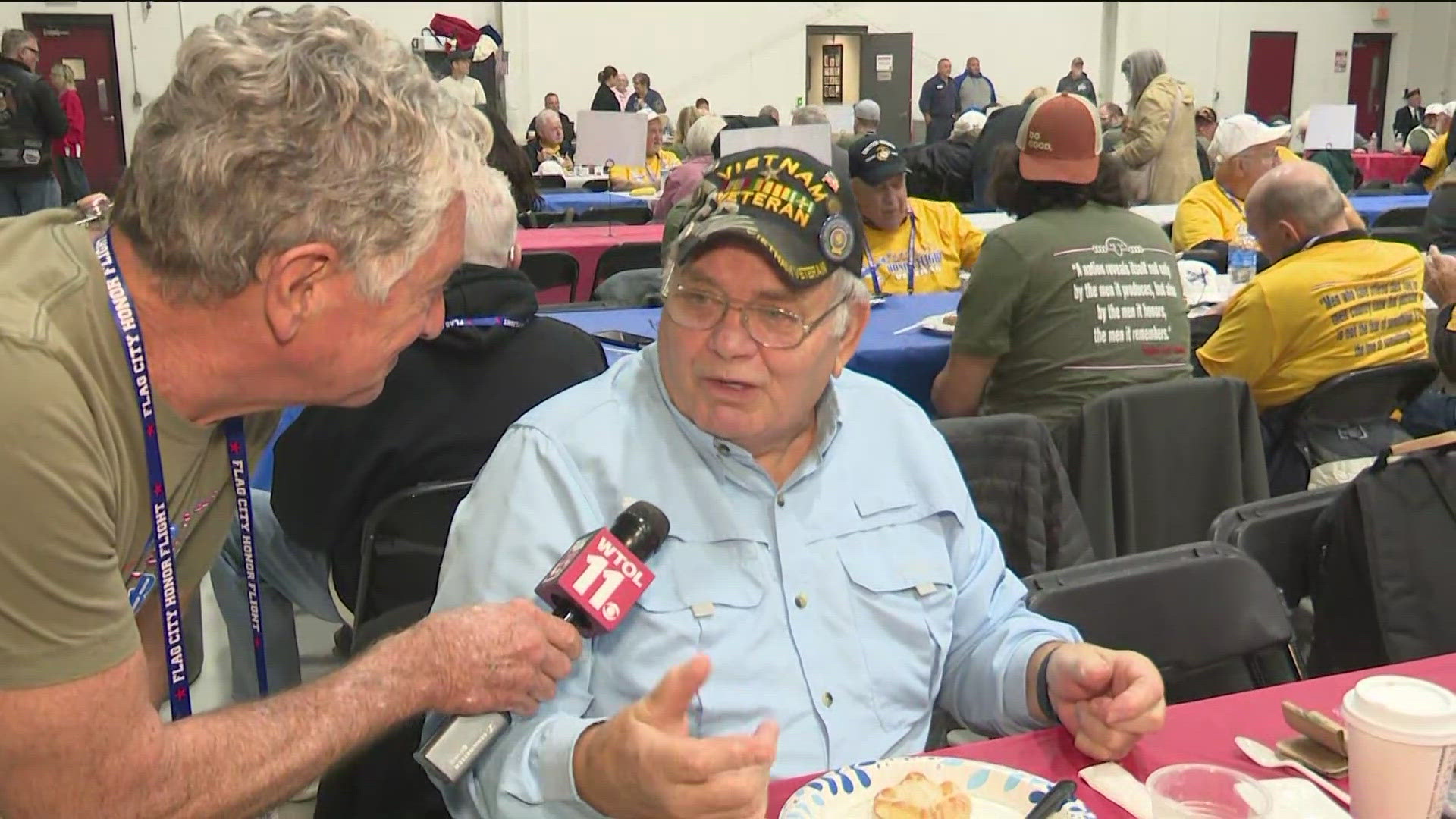TOLEDO, Ohio — Speech is not monolithic. And while we may try to standardize language and pronunciation, dialects and accents often differ across entire regions, and even from city to city.
A map of accents across the United States will place Toledo on the southern limit of the Inland Northern Accent, an area that includes Cleveland, Buffalo, Grand Rapids, Mich., Green Bay and Chicago, among others.
Midwesterners will note, of course, that even among these cities accents will differ. This includes Toledo, where even a street name could baffle some with its unexpected pronunciation.
Take, for example, Nevada Street, which runs through east Toledo. Locals will know it's pronounced "Neh-VAY-dah," while anyone else may assume, reasonably, that it's pronounced Neh-VAH-dah, like the state (itself sometimes pronounced more than one way).
Speaking of states, a northwest Ohio resident who continues east out of Toledo will no doubt run into Or-uh-GON, a pronunciation that often ruffles the feathers of our west coast compatriots in Or-ih-GHIN.
Travel south to Bowling Green and you'll probably drive on Wooster Street, which is pronounced the way it looks like: rhyming with "rooster". It's counterpart, the city of Wooster, is pronounced in a much less intuitive way: WUH-ster.
Many of Ohio's municipalities are named after cities and countries thousands of miles away - but they're pronounced with Midwestern flair. For one, Toledo is named after To-LAY-do, Spain. Ever heard of Russia, Ohio? It's pronounced "ROO-shee" here, unlike the country. There's also Lima, like "LEE-ma", the capital of Peru, and Leipsic, which, as an Ohio village rhymes with "lipstick." In Germany, it's a city pronounced as "Lipe-sick."
Heading back north into Michigan for a more regional chat, how do you pronounce Monroe? Mun-ROW, or MON-row?
Even in the WTOL 11 newsroom, we bickered about the pronunciation of Michigan's most populous city. Some said DEE-troit, many said DUH-troit, and still others said DEH-troit.
And of course, any discussion of a Great Lakes dialect wouldn't be complete without a mention of the infamous pop vs. soda debate. Many Toledoans swear up and down by "pop". A few states over, they wouldn't know what you're talking about.
Plus, have you ever noticed we add an "s" at the end of some grocery stores? "I'm going to Meijers, or Krogers, or Aldis," so many of us say. The "s" isn't supposed to be there, but it feels a little unnatural without them.
And since it's the very nature of language to change, who knows how we'll say these same streets, cities and grocery stores in 20, 50 or a hundred years from now. Keep talking, Toledo.
MORE FROM WTOL 11



